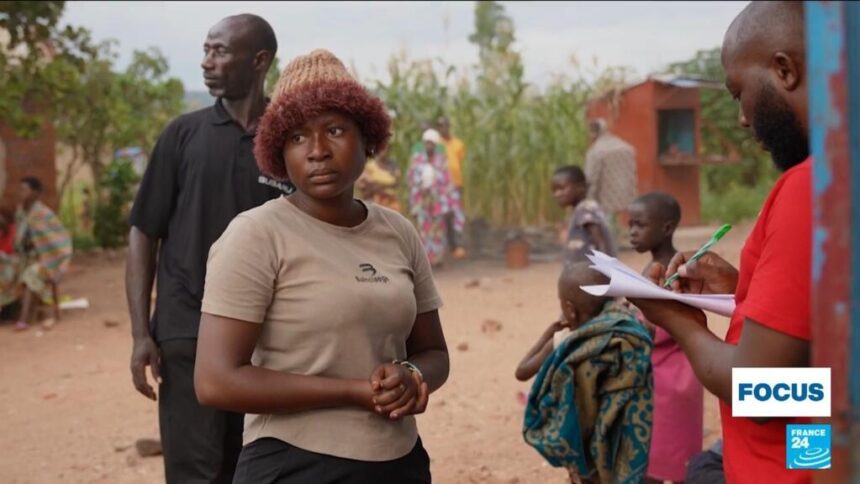Burundi is gearing up for elections this Thursday, as voters head to the polls to elect MPs and local councillors. However, the election process has already been marred by controversy, with numerous candidates being disqualified by the electoral commission. One of the most notable figures to be excluded is longtime opposition leader Agathon Rwasa.
The exclusion of Rwasa and other candidates has sparked criticism and raised concerns about the fairness and transparency of the electoral process in Burundi. Many are questioning the motives behind the disqualifications and whether they are politically motivated.
In addition to the election turmoil, Burundi is also grappling with the effects of the conflict in neighboring DR Congo. Since January, more than 71,000 Congolese nationals have fled the fighting between the Congolese army and the Rwanda-backed M23 rebels. This influx of refugees into Burundi is the largest the country has seen in decades, putting a strain on resources and infrastructure.
The chaos of war has had a devastating impact on families, as many have been torn apart and forced to flee their homes in search of safety. The situation is dire, with many refugees facing uncertainty and hardships as they try to rebuild their lives in a new country.
As the election approaches and the refugee crisis worsens, the international community is closely monitoring the situation in Burundi. The need for stability and peace in the region is paramount, and efforts must be made to ensure that the rights and well-being of all individuals, both citizens and refugees, are protected.
In the midst of these challenges, Burundi must navigate a path towards reconciliation and progress, with a focus on promoting democracy, human rights, and social cohesion. The road ahead may be difficult, but with determination and cooperation, the people of Burundi can overcome these obstacles and build a brighter future for themselves and their country.








